I will start with the formal recognition that some of you clicked on this post with the sole hope of finding out what a “blinterview” is. (To satisfy your curiosity, it is a word I just made up, my attempt at combining “blog” and “interview”–beating out my runner up option of “Interlog” which just sounded too je ne sais quoi.)
Now that that’s out of the way, the reason you should keep reading: we took notice that our very own Dr. Knabb (Director of the Doctor of Psychology Program) recently graced the top of the Psychology Today website as “Today’s Essential Read”.
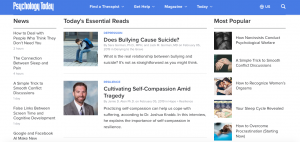
His interview with Jamie D. Aten, Ph.D., focused on self-compassion and resiliency in the midst of pain and tragedy. Rather than getting the second-hand story here, read the original interview here. Pop on back when you’re finished and let us know what you think. How are you going to practice self-compassion today?
—
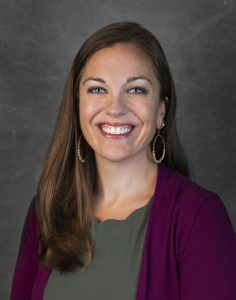
Dr. Erin Smith. Ph.D.
Director of Research, Center for the Study of Human Behavior
Associate Professor of Psychology, California Baptist University
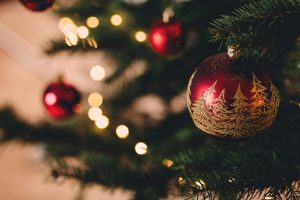
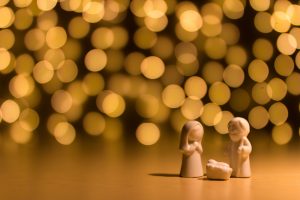
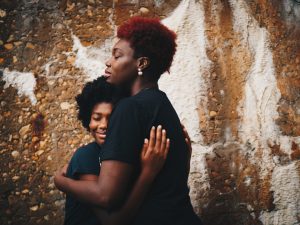
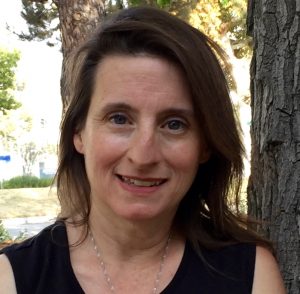
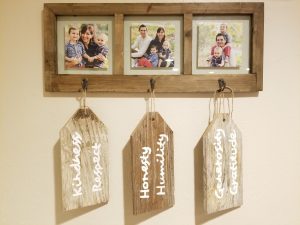 One of the first things a guest will see upon entering my home is a simple decoration that encapsulates my desire for our family life. It contains a few photos of my wife, our boys, and myself, as well as six words declaring our family values: Kindness, Respect, Honesty, Humility, Generosity, and Gratitude.
One of the first things a guest will see upon entering my home is a simple decoration that encapsulates my desire for our family life. It contains a few photos of my wife, our boys, and myself, as well as six words declaring our family values: Kindness, Respect, Honesty, Humility, Generosity, and Gratitude.


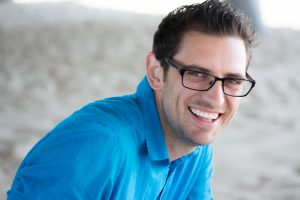
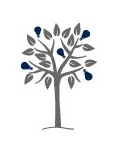 Especially for students, we will work with you as best we can to help you develop a publishable blog. So, what do you have to lose? Get typing!
Especially for students, we will work with you as best we can to help you develop a publishable blog. So, what do you have to lose? Get typing!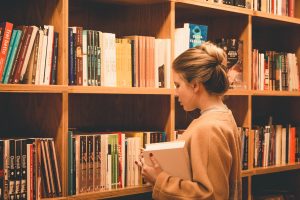

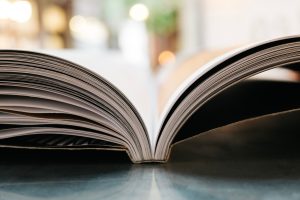
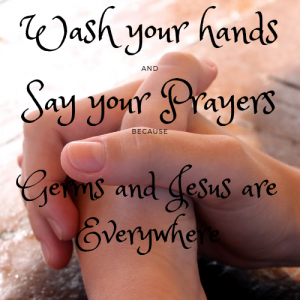 Some of the answers to this question about belief comes down to cultural supports. Children don’t think of concepts of germs, Santa, or God on their own. (Actually, there is some really interesting research suggesting that children may be predisposed to belief in a being like God, even without the cultural supports I’m about to describe…but that’s a topic for a future blog.) Rather, children come to believe these concepts because of the constant cultural discourse around these concepts. Take my own home, as an example. The one picture I have hanging up in our bathroom instructs my children to “wash your hands and say your prayers because germs and Jesus are everywhere.” These are the kinds of cultural supports—echoed in our daily conversations and activities—that may prompt children’s belief in these otherwise unobservable entities.
Some of the answers to this question about belief comes down to cultural supports. Children don’t think of concepts of germs, Santa, or God on their own. (Actually, there is some really interesting research suggesting that children may be predisposed to belief in a being like God, even without the cultural supports I’m about to describe…but that’s a topic for a future blog.) Rather, children come to believe these concepts because of the constant cultural discourse around these concepts. Take my own home, as an example. The one picture I have hanging up in our bathroom instructs my children to “wash your hands and say your prayers because germs and Jesus are everywhere.” These are the kinds of cultural supports—echoed in our daily conversations and activities—that may prompt children’s belief in these otherwise unobservable entities.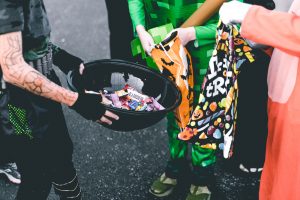 The answer? It depends. Some kids—but not all—did believe that the Candy Witch existed when asked after Halloween. The kids who were the most likely to believe in the Candy Witch were older (e.g., 5 years old, rather than 4 years old). The older kids who had received a visit from the Candy Witch were the most likely to believe. Interestingly, a visit by the Candy Witch didn’t seem to convince the younger children to believe any more than the younger children who were not visited. It’s possible that the older children were better able to piece together the clues about the existence of the Candy Witch (e.g., the stories, the disappearing candy, the new toy) than the younger children were.
The answer? It depends. Some kids—but not all—did believe that the Candy Witch existed when asked after Halloween. The kids who were the most likely to believe in the Candy Witch were older (e.g., 5 years old, rather than 4 years old). The older kids who had received a visit from the Candy Witch were the most likely to believe. Interestingly, a visit by the Candy Witch didn’t seem to convince the younger children to believe any more than the younger children who were not visited. It’s possible that the older children were better able to piece together the clues about the existence of the Candy Witch (e.g., the stories, the disappearing candy, the new toy) than the younger children were.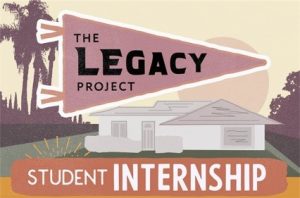 This past spring,
This past spring, 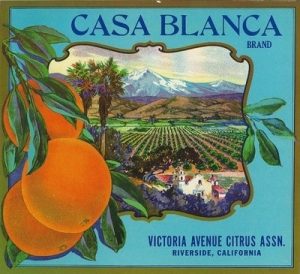 Perhaps you have an interest in how your academic pursuits and community interests might align. If so, I’d encourage you to find out more about The Legacy Project or other
Perhaps you have an interest in how your academic pursuits and community interests might align. If so, I’d encourage you to find out more about The Legacy Project or other 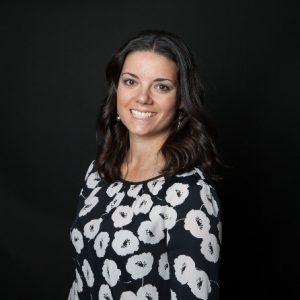 Dr. Jacqueline N. Gustafson
Dr. Jacqueline N. Gustafson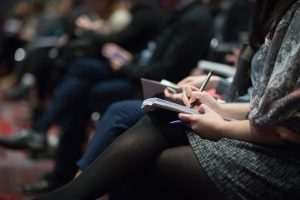
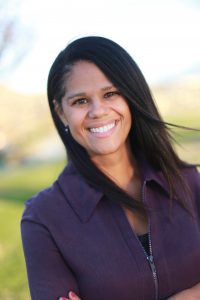
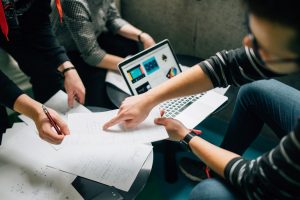 Here in this blog you will see snapshots of some of the research conducted through the CSHB. You will also hear stories of researchers bringing their identities as scientists and Christians together in the research process. You will read about innovative research happening across the globe and have an opportunity to engage in conversations about the implications. You may even find that you want to author a blog post to share about your own research, research you have read about, or your personal journey as a researcher. (Look for a future blog post for details on how to become a CSHB blog contributor!)
Here in this blog you will see snapshots of some of the research conducted through the CSHB. You will also hear stories of researchers bringing their identities as scientists and Christians together in the research process. You will read about innovative research happening across the globe and have an opportunity to engage in conversations about the implications. You may even find that you want to author a blog post to share about your own research, research you have read about, or your personal journey as a researcher. (Look for a future blog post for details on how to become a CSHB blog contributor!)